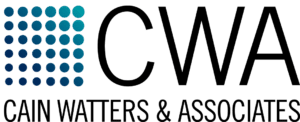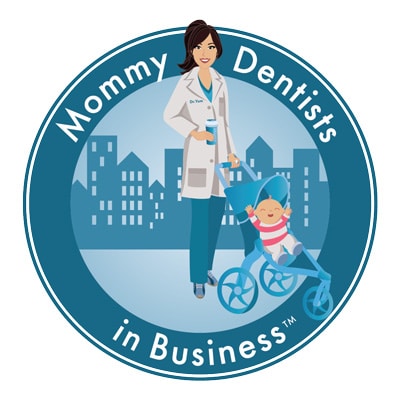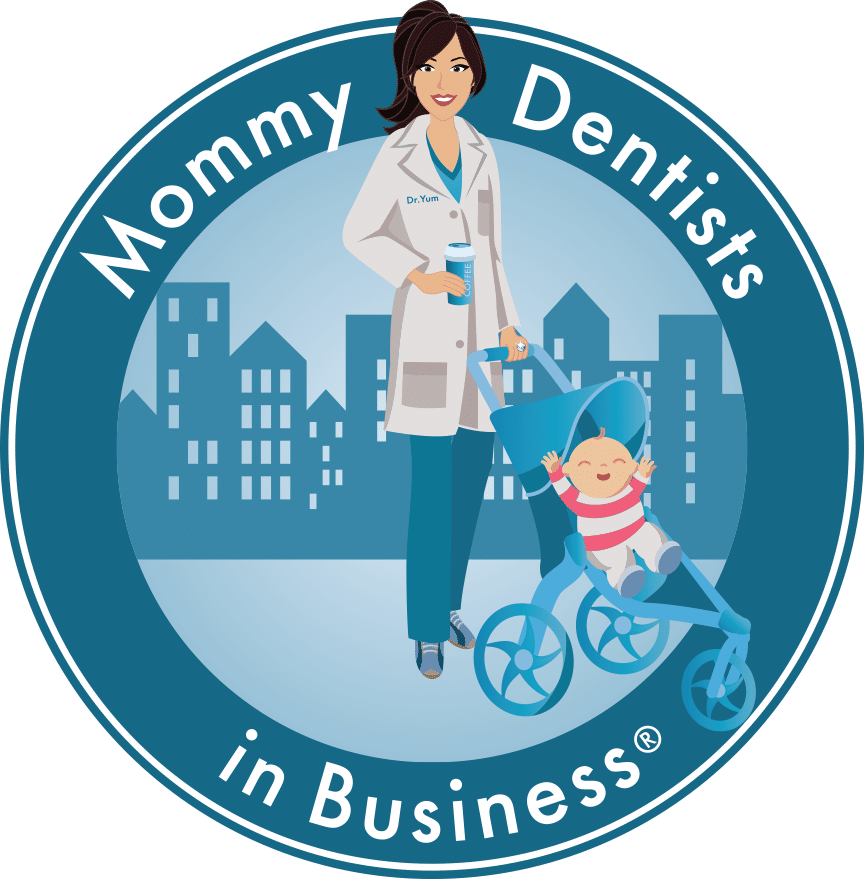MDIB Quarterly Newsletter No. 2
April. 2022

Positive Signs for a Successful 2022 for Dental Practice Owners
The last couple of years have been quite the wild ride. Just as it seemed the dental world was working its way out of the COVID-19 mess, then came the delta and omicron variants.
The good news is, the uncertainty hasn’t kept people out of the dental chair. In fact, many practices, regardless of specialty, have been booming since the recovery started to really gain steam in early 2021. The bad news, though is that as dental offices have filled up, nationwide staffing shortages and supply chain disruptions have made taking full advantage of the positive influx of patients difficult.

Mix in a healthy dose of profit-robbing inflation, and it’s no wonder why dental practice owners aren’t necessarily feeling optimistic about what 2022 will bring.
Cain Watters & Associates (CWA) Financial Planner and CPA Brittany Frazier has a much better feeling about what 2022 has in store.
“The dental industry has been through the ringer these last 2 years, but we survived, and even thrived,” says Brittany. “We have the blueprint for how to navigate a pandemic, which honestly might be the biggest reason to be optimistic of all.”
Pandemic-proofing prowess aside, Brittany sees three other reasons to be optimistic as the year goes on.
Tax Reforms Aren’t Quite So Taxing
Back in October and November, the Build Back Better Act seemed like it was going to come with higher taxes across the board. As it moved through the House and then the Senate, however, much of the teeth were taken out in terms of the tax implications for business owners.
“While you should always talk to your CPA any time the tax environment changes, at least we’re not dealing with the nightmare tax scenario we thought might emerge when the legislation was originally taking shape,” said Brittany.
The biggest concern for most business owners is the capital gains tax. As things stand in early 2022, long-term capital gains is staying at the same 0%, 15% and 20% levels.
Although the Build Back Better Act has had problems getting through the Senate, if it does get passed, practice owners do need to be aware of the expanded 3.8% surtax on net investment income (NII) that now applies to things like taxable interest, dividends, gains, passive rents, annuities and royalties.
If expanded, this 3.8% tax would affect the flow through income of S corporations in addition to gains from the sale of assets of a partnership, LLC or S corporation. However, it only applies if you’re a single or head-of-household filer with a modified adjusted gross income (AGI) over $400,000, or a joint filer with a modified AGI over $500,000.
Practice owners with large retirement funds should also be prepared for changes. Individuals with more than $10 million in retirement savings will now have to draw down their accounts each year, in a new type of required minimum distribution. Lawmakers would also close “backdoor Roth” tax loopholes and prohibit further individual retirement account contributions once those accounts exceed $10 million.
Inflation is High, But Should Normalize
The scary thing about inflation is, it’s always right there in our face. In the grocery aisle, at the gas pump, on restaurant menus and in the services we buy. Because we see inflation everywhere in our daily lives, it becomes a trigger for people to begin fearing for their financial future.
“The big thing practice owners should understand is, we’ve had minimal inflation for years,” says Brittany. “Yes, the inflation we’re seeing right now is real, but it’s transitory. It will normalize.”
The price of lumber, for example, was sky high six or nine months ago, but now it’s back. Barring some sort of unforeseen circumstance, Brittany says we should see prices start to normalize as we continue through 2022.
“We need to adjust some things in the near term, but the important thing to remember is, we don’t need to react out of fear,” added Brittany. “We have to get back to the basics, be sound financially and have an appropriate amount of cash on hand but not be in a position of fear.”
For the dental industry, the primary ways inflation is affecting businesses is through higher wages and the inflated cost of personal protective equipment (PPE). According to Brittany, the best way to fight inflation is to do what virtually every other industry does: raise prices.
“Just because dental owners are healthcare providers doesn’t mean they should absorb rising costs that come from inflation,” said Brittany. “We counsel our clients that there’s nothing wrong with raising fees to keep up with the higher cost of doing business.”
Another way to minimize the impact of inflation is to make sure you’re getting the most from your insurance providers as possible.
“If we increase fees but aren’t getting higher reimbursements from insurance, it’s not helping that much,” says Brittany. She suggests hiring a company that specializes in helping dental practices negotiate fees.
“It does take time, maybe 6-8 months, but many of our clients have had great results,” added Brittany. “If you need help finding a reputable company, we can steer you in the right direction.”
The Staffing Shortage Is an Opportunity, Not a Hindrance
Virtually every practice, no matter the specialty, has felt the staffing crunch on some level. Some CWA clients, however, are actually making the staffing shortage work to their advantage. According to Brittany, it all comes down to seizing the opportunity rather than waiting for the right person to come along.
“The key is to always be on the lookout for top talent,” says Brittany. “A great front desk staffer might be checking you out at the supermarket.” She counsels clients to keep their eyes open and their ads active, even if the practice is fully staffed. After all, you never know when one of your own might leave.
“There’s so much competition,” says Brittany. “You don’t want to be overstaffed and ruin overhead, but at the same time, there’s never been a better time to invest in someone if they’re the right one.”
Another creative solution to the current labor market is investing in current staff through extra training or making them dual trained. Offering up a healthy staff refer-a-friend incentive, she suggests around $500, can pay bigger dividends in the long run as well.
“The goal is to emerge from this shortage with a committed staff that will help your practice take business away from the competition,” added Brittany. Check out more tips to overcome the staffing shortage.
Equipped for Success
The year is just getting started, but there are plenty of reasons to be optimistic. For Brittany, it starts with shedding the COVID-induced jitters and getting back to the basics of focusing on retirement savings, being as tax-efficient as possible and not being fearful that the bottom is going to drop out again.
“This industry knows how to handle adversity, and if something happens, we’re equipped to handle it again,” says Brittany. “So plan on 2022 being the best year yet for your business, and let’s go make it happen!”
If you have questions about the latest tax reforms, staffing or your financial plan, CWA is here to help you navigate 2022 and beyond. Contact our team today.
Cain Watters is a Registered Investment Advisor. Cain Watters only conducts business in states where it is properly registered or is excluded from registration requirements. Registration is not an endorsement of the firm by securities regulators and does not mean the adviser has achieved a specific level of skill or ability. Request Form ADV Part 2A for a complete description of Cain Watters investment advisory services. Diversification does not ensure a profit and may not protect against loss in declining markets. Past performance is not an indicator of future results.

About MDIB
Our community is focused on education, support and resources.

F. A.Q.s
Answers for membership, accounts and sponsorships.

COVID-19
Industry leaders share advice for this pandemic.

Partner
Media resources and sponsorship opportunities



